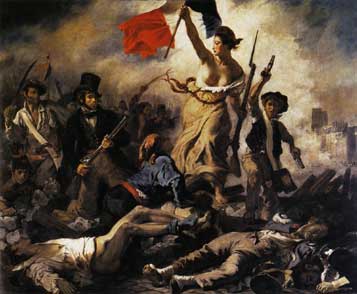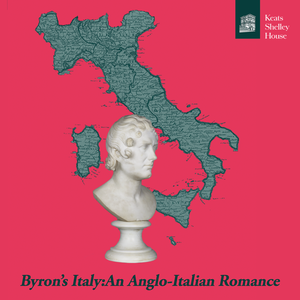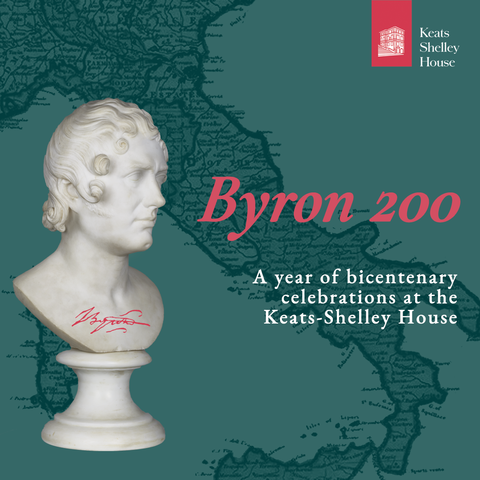1789 - The Storming of the Bastille
The Storming of the Bastille, on the 14th July 1789, marked a turning point in the French Revolution and subsequently became symbolic of this turbulent period. Aside from the direct political involvement of many English writers at the time, who used their skills to write political pamphlets and journalistic articles, the French Revolution made a more lasting impression upon English literature. P.B. Shelly was later to describe the French revolution as ‘the master theme of the epoch’. The revolution highlighted the power of ideas and words as a means for social and political upheaval, so it is therefore unsurprising that writers, artists and musicians were swept up in the revolutionary tide of change and optimism. In The Spirit of the Age, a collection of essays by William Hazlitt, he affirmed that the French Revolution had been the central historical experience of his generation. Although it would be wrong to identify Romanticism as a literary reaction to the French Revolution, the thirst for change which defined the period is resonant within Romantic literature, an excitement and an optimism which has not tarnished over the passing of time.











